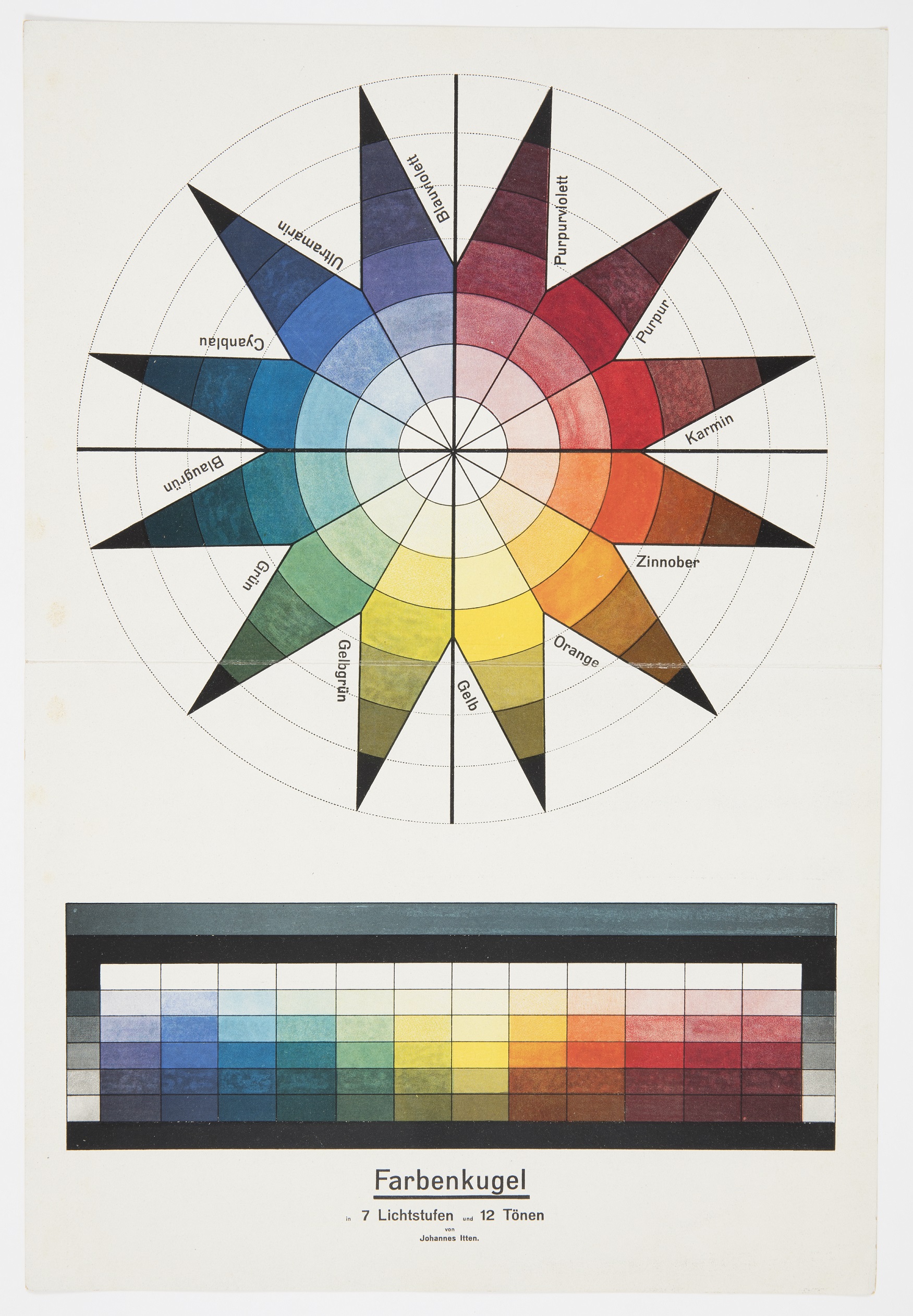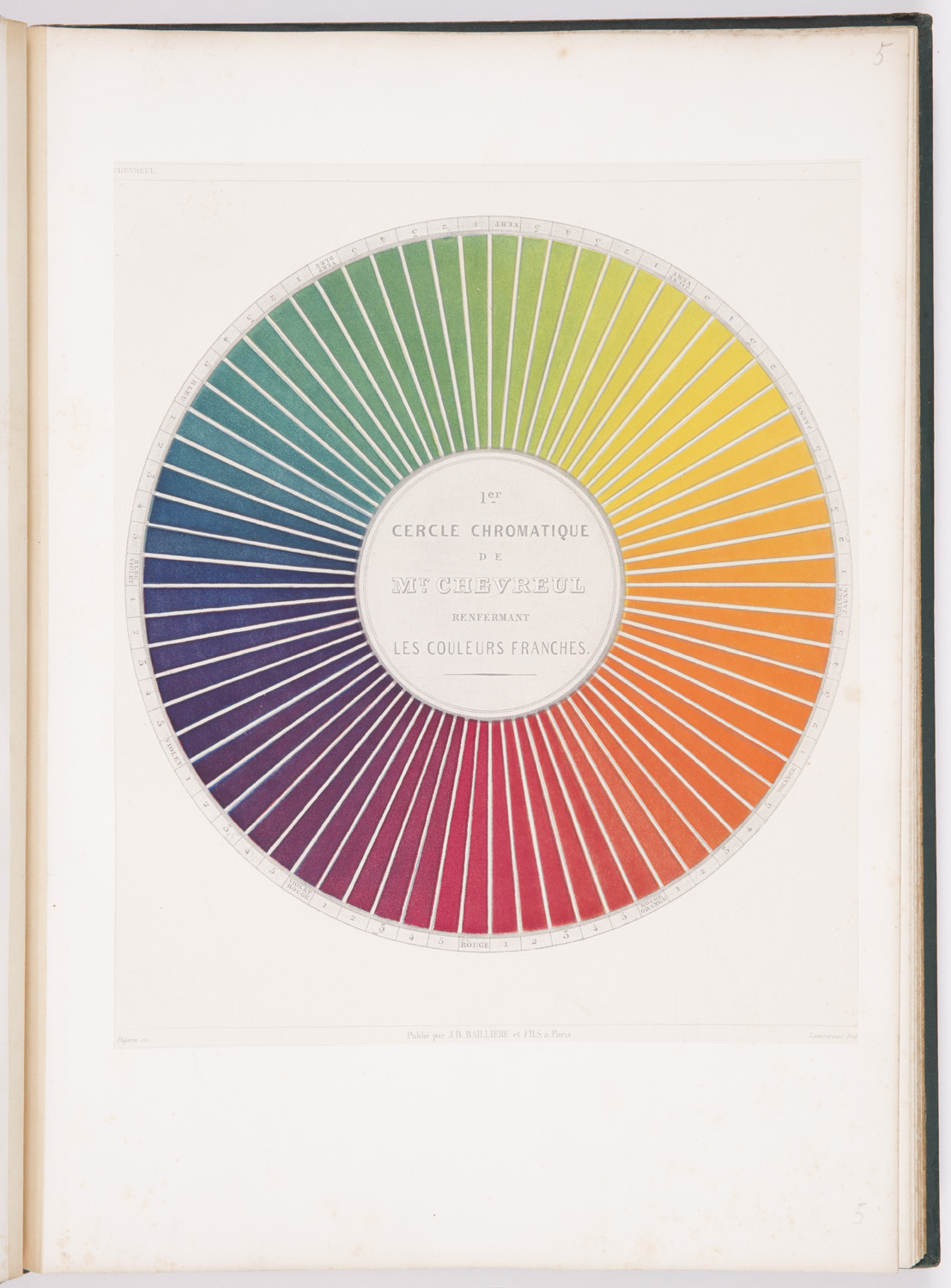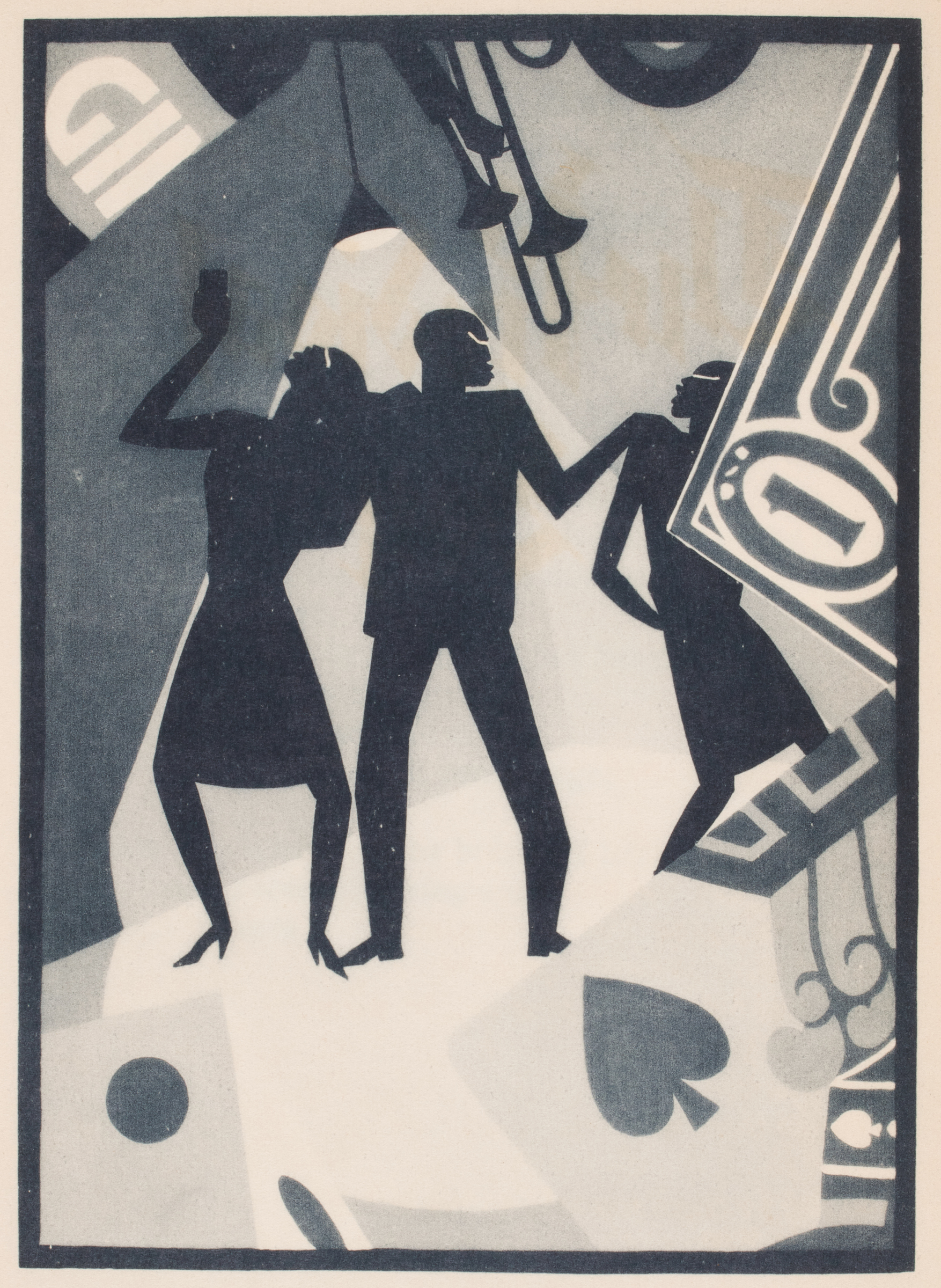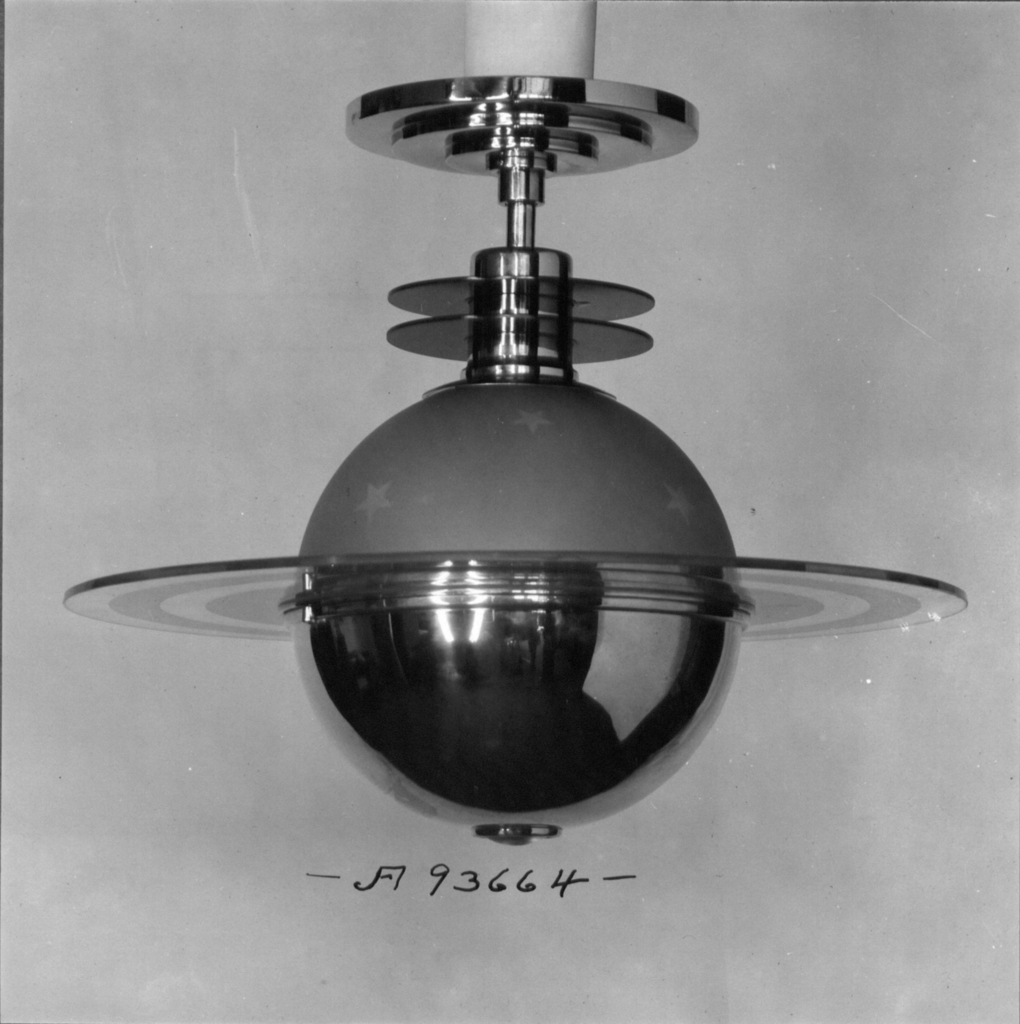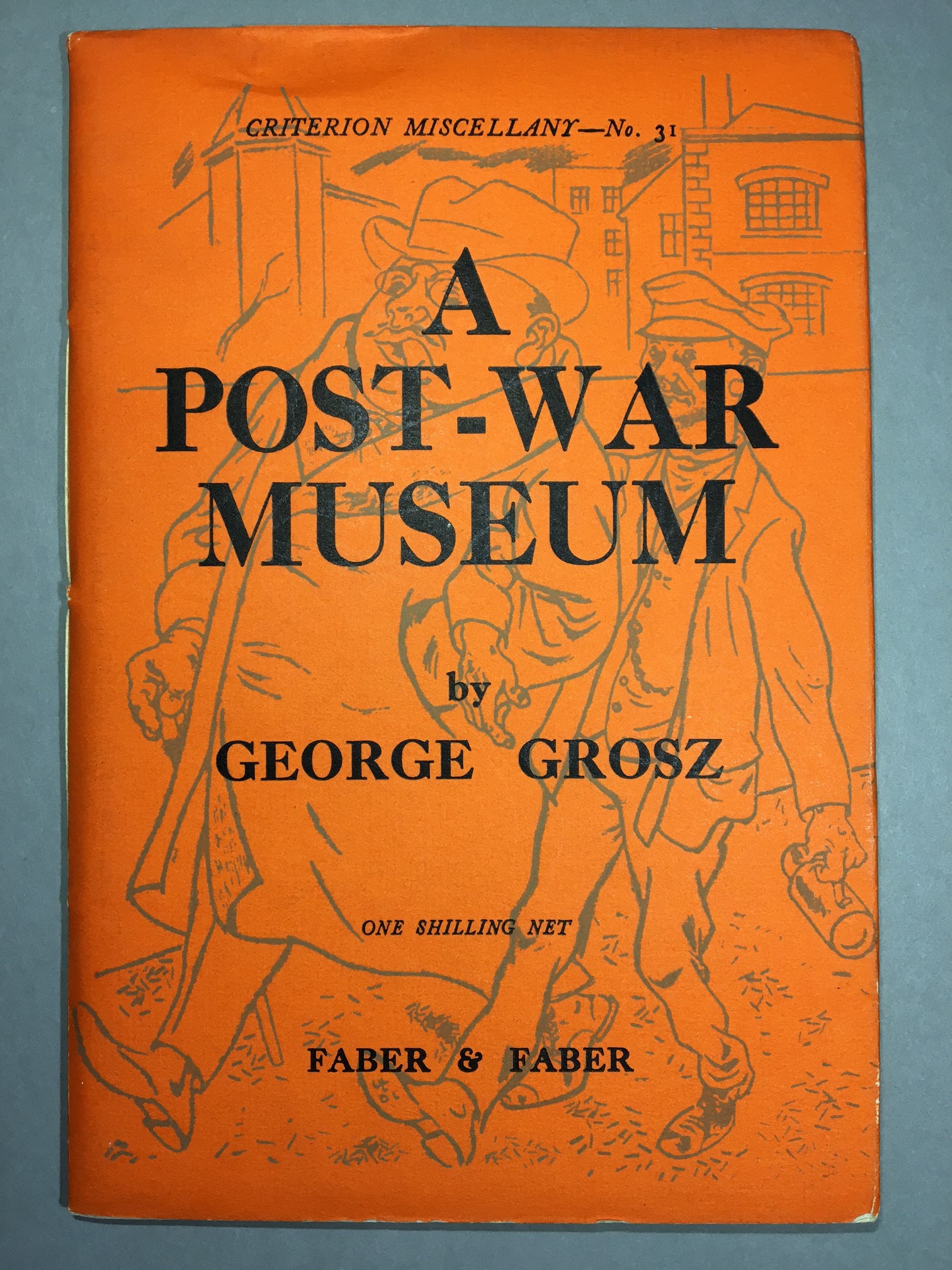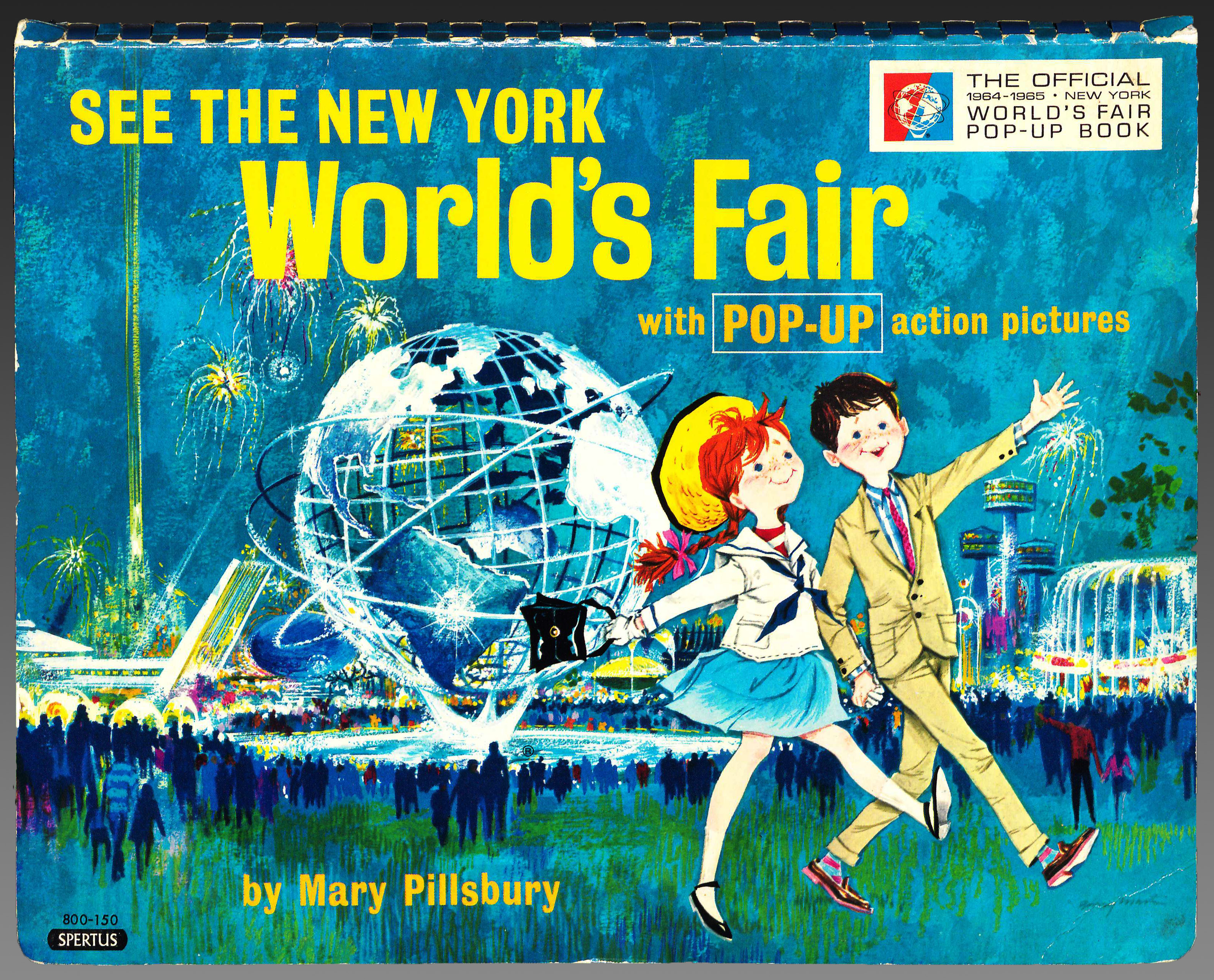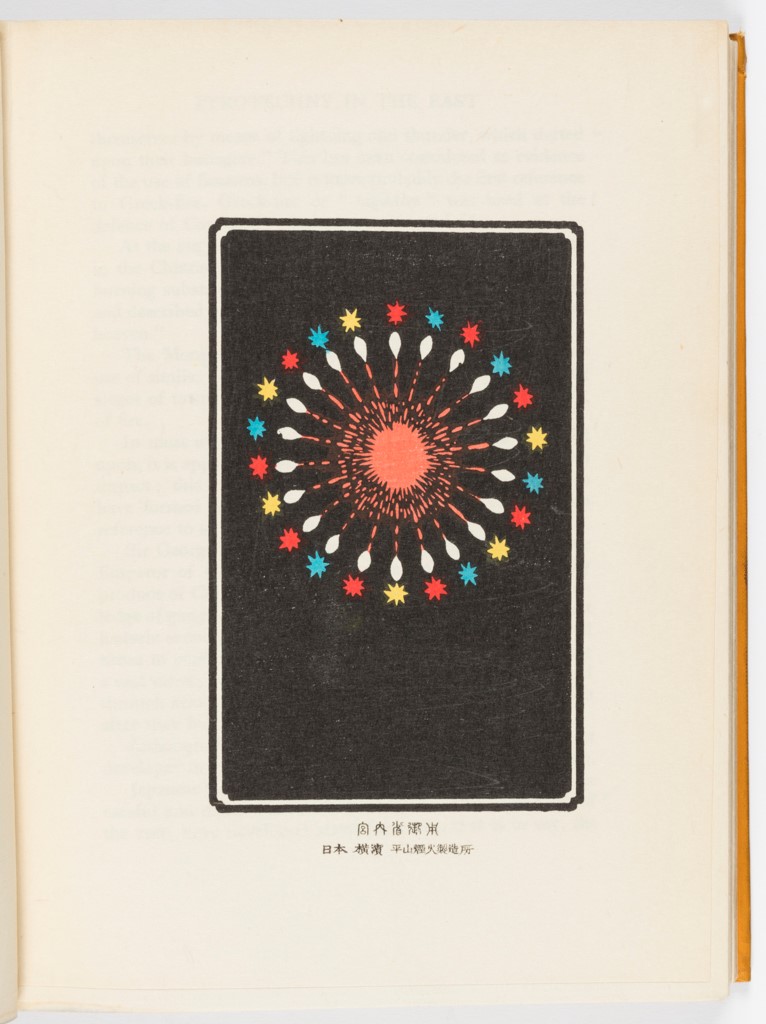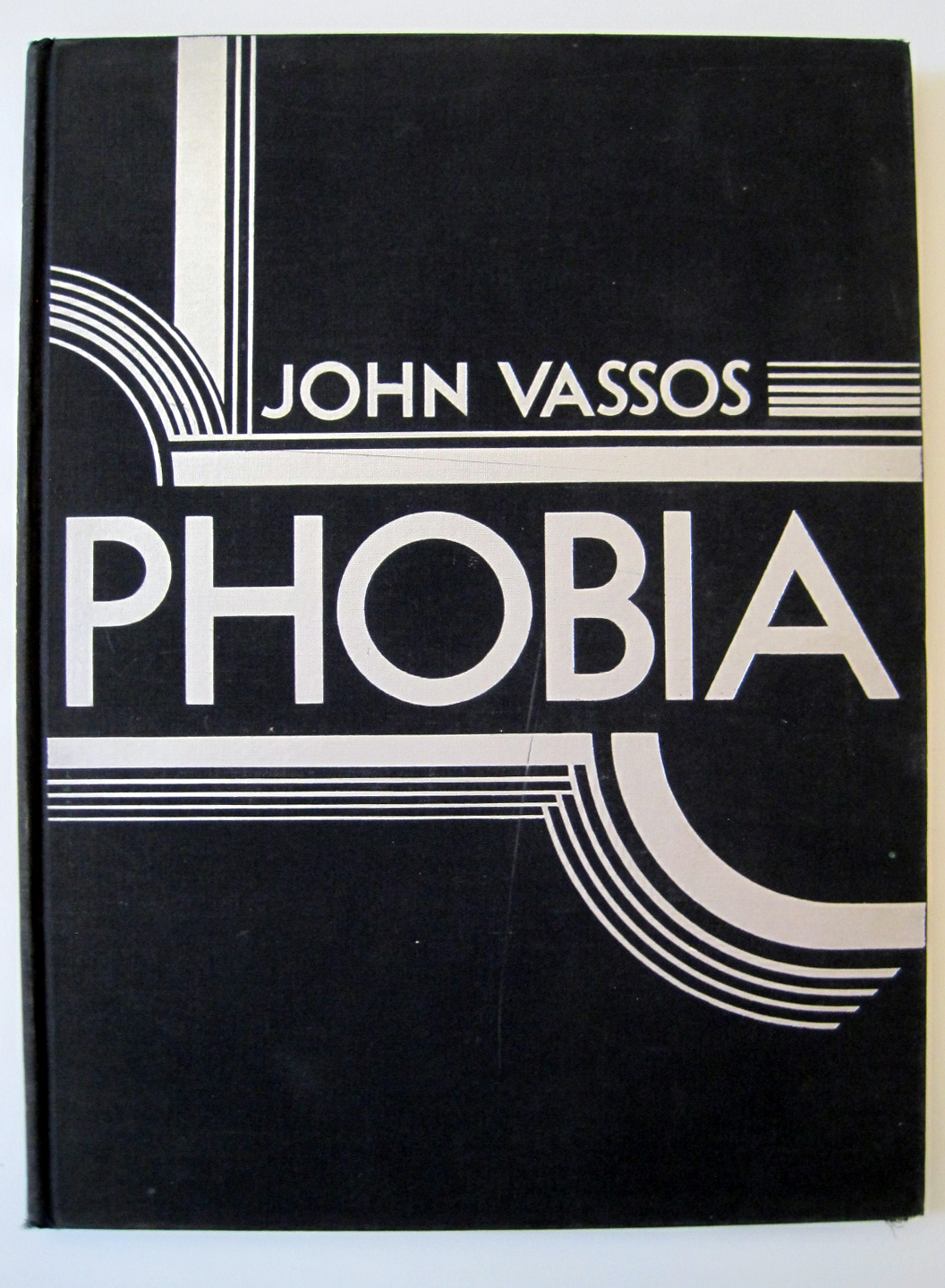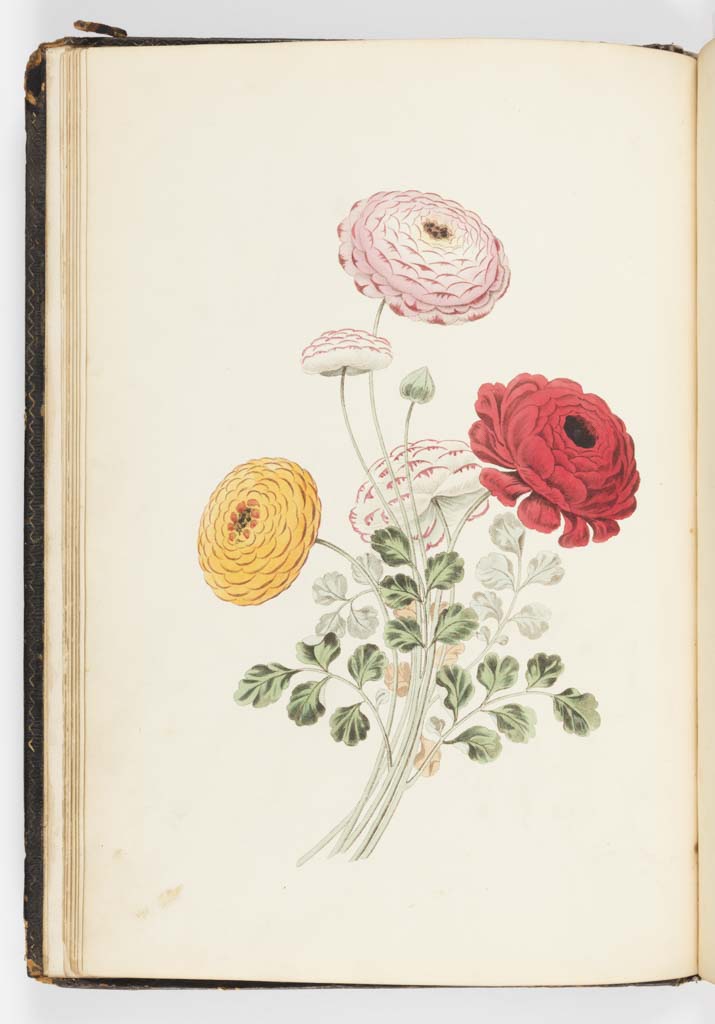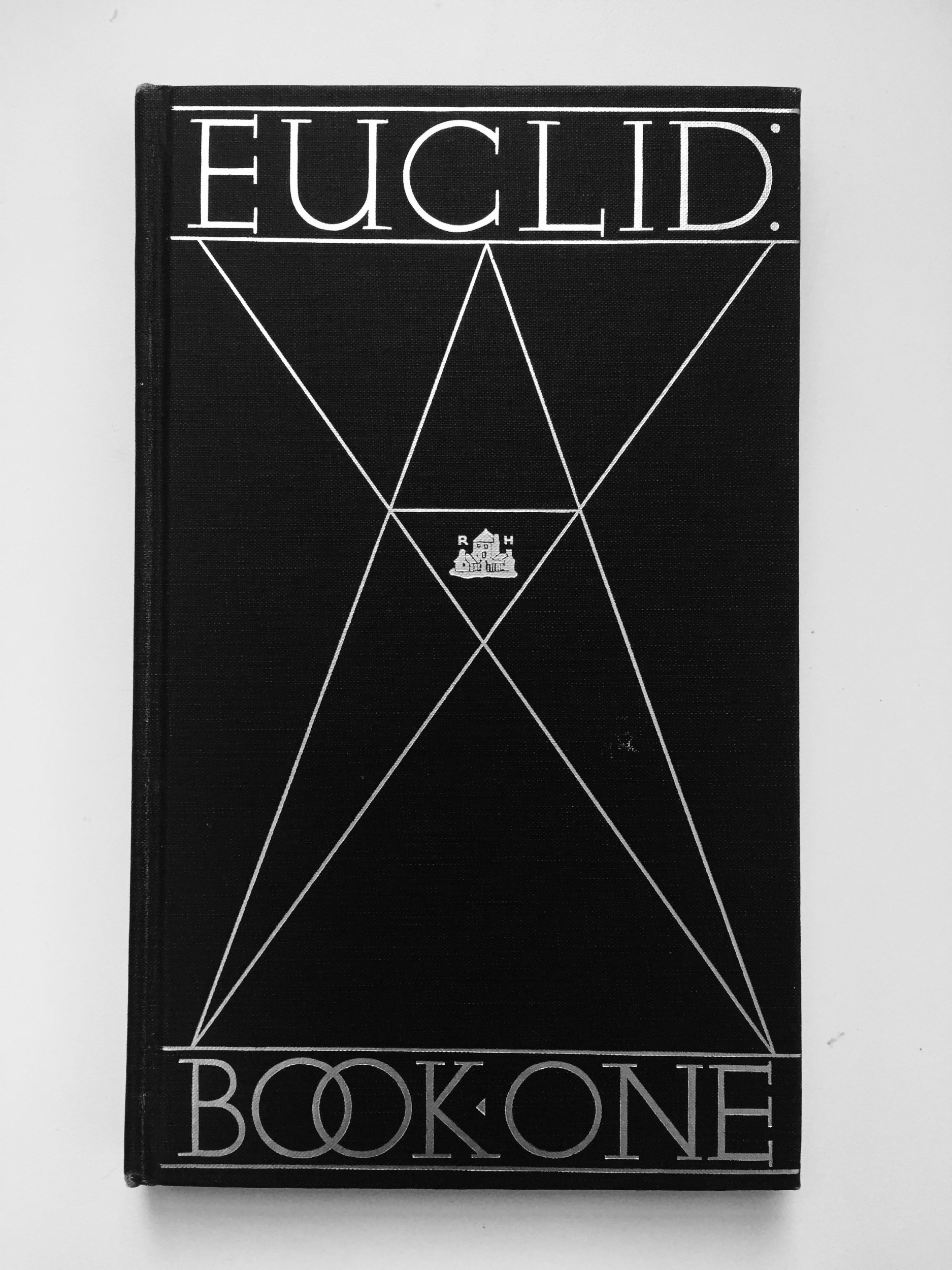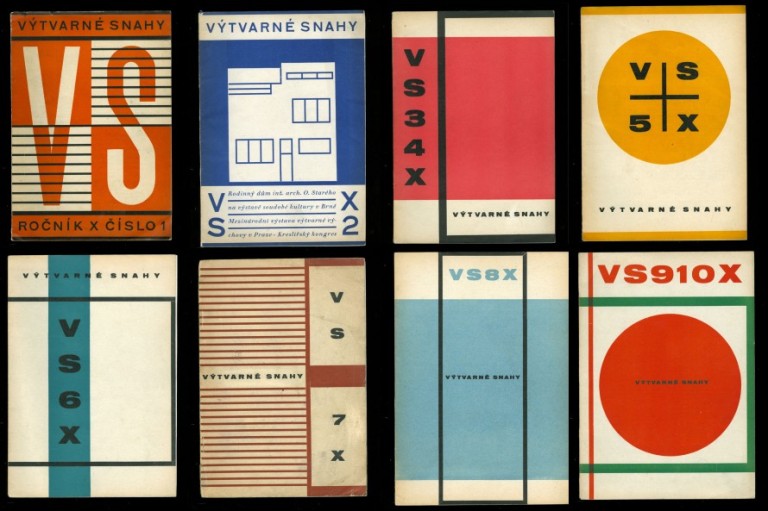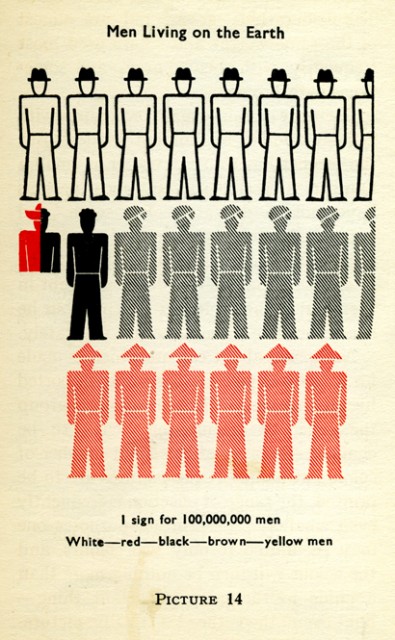As research for the exhibition Saturated: The Allure and Science of Color (May 11, 2018–January 13, 2019), the curators interviewed color specialists working in diverse industries and fields, from fashion forecasting to early childhood education. For our Careers in Color blog series, we asked these specialists to tell us about their work and how their...
To celebrate the opening of Saturated: The Allure and Science of Color (May 11, 2018-January 13, 2019), Object of the Day this month will feature colorful objects from the exhibition. Professor Johannes Itten created a color sphere, represented by this 12-pointed star, as a tool for students at the Bauhaus. Inspired by Philipp Otto Runge’s...
To celebrate the opening of Saturated: The Allure and Science of Color (May 11, 2018-January 13, 2019), Object of the Day this month will feature colorful objects from the exhibition. Following his groundbreaking 1839 treatise on simultaneous contrast, Michel Eugène Chevreul spent 25 years designing one of the first color systems to include brightness and...
To celebrate the opening of Saturated: The Allure and Science of Color (May 11, 2018-January 13, 2019), Object of the Day this month will feature colorful objects from the exhibition. Today’s post was originally published on February 23, 2015. A significant acquisition to the Cooper Hewitt Library’s special collections in 2014 was Édouard Guichard’s Die Harmonie der...
This illustration is featured in a book of poems by James Weldon Johnson titled, God’s Trombones: Seven Negro Sermons in Verse. Published in 1927, it emulates traditional African-American religious oratory. The seven sermons were inspired by memories of sermons by black preachers heard by Mr. Johnson while growing up. Johnson described the trombone as “the...
Jennifer Cohlman Bracchi discusses this Caldwell lighting fixture, created for Rockefeller Center in 1932.
By Annaleigh McDonald This bright gem from the Cooper Hewitt Library’s rare book collection contains the work of George Grosz, a German artist who immigrated to the United States at age 39 in 1933, eventually becoming a naturalized citizen in 1938. Known for his scathing caricatures of post-war life in Germany, Grosz was vehemently anti-Nazi,...
Written by Weixin Jin Peter and Wendy see the New York World’s Fair in Pop-up Action Pictures is a children’s book by Mary Pillsbury published in 1963 by Spertus Publishing Company. As an official 1964-1965 New York World’s Fair publication, this book extracts and highlights key attractions at the World’s Fair in five colorful, pop-up action pictures....
Written by Rayna Wang. Pyrotechnics, The History and Art of Firework Making, from the rare book collection at Cooper Hewitt’s design library, is illustrated with several wood-block prints of Japanese fireworks made by Hirayama Firework factory in Yokohama, Japan in the late 19th century. Fireworks were firstly developed in China, then Japanese pyrotechnics developed them...
Written by Joseph McPartlin There are many ways you can look at the modern world. Do you take a pessimistic or optimistic view? John Vassos questions his view of modernity in his 1931 illustrated book, Phobia. He uses “optimistic” Art Deco forms to convey twenty-three phobias as a “pessimistic” look into the modern world. John...
By Elizabeth Caroscio This illustration by the celebrated English botanical artist George Brookshaw is from a very special rare book in the Cooper Hewitt, Smithsonian Design Library. Bound into one book, it consists of three volumes: Groups of Flowers, Drawn and Accurately Coloured after Nature; Groups of Fruit, Accurately Drawn and Coloured after Nature; and...
Written by Gretchen Von Koenig Elements of Geometry by Euclid is one of the most printed books in the world, second only to the Bible. A critical subject for any branch of mathematics, Euclid’s Elements is a timeless book and certainly an ideal project for Bruce Rogers, one of the most prolific American book and...
A significant acquisition to the Cooper Hewitt Library’s special collections in 2014 was Édouard Guichard’s Die Harmonie der Farben (The Harmony of Colors). A rare and important work heavily influenced by the 1839 De la loi du contraste simulanté des Couleurs by M.E. Chevreul, this edition was published in Frankfurt Germany in 1882. Profusely illustrated...
Published in Prague for only four years (1926-1930), these issues of the rare Czechoslovakian periodical, Výtvarné snahy [Art Endeavors], feature covers designed by Ladislav Sutnar during 1928 and 1929. Relevant to the National Design Library’s rare and special collections for both content and graphic design, they also support Cooper-Hewitt Museum’s Sutnar archives and holdings, representing...
Without much thought or effort, I’ve been reading images inspired by Otto Neurath’s International Picture Language for most of my life. No doubt you too have encountered derivatives of these informative symbols which can be found across the globe and online, from airport signage to The Noun Project. Considered an early pioneer of infographics, Neurath...

